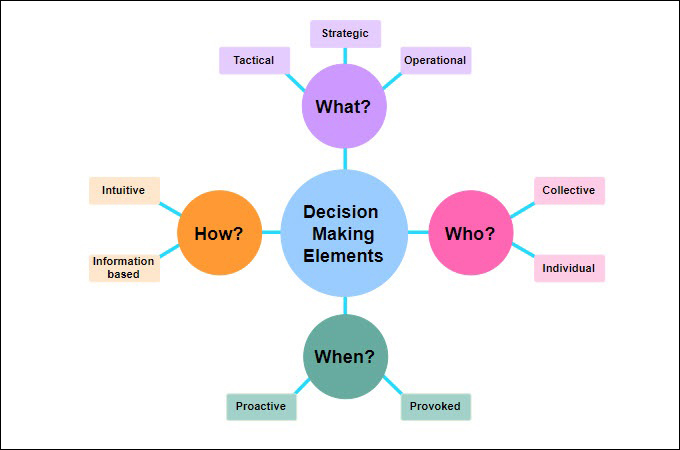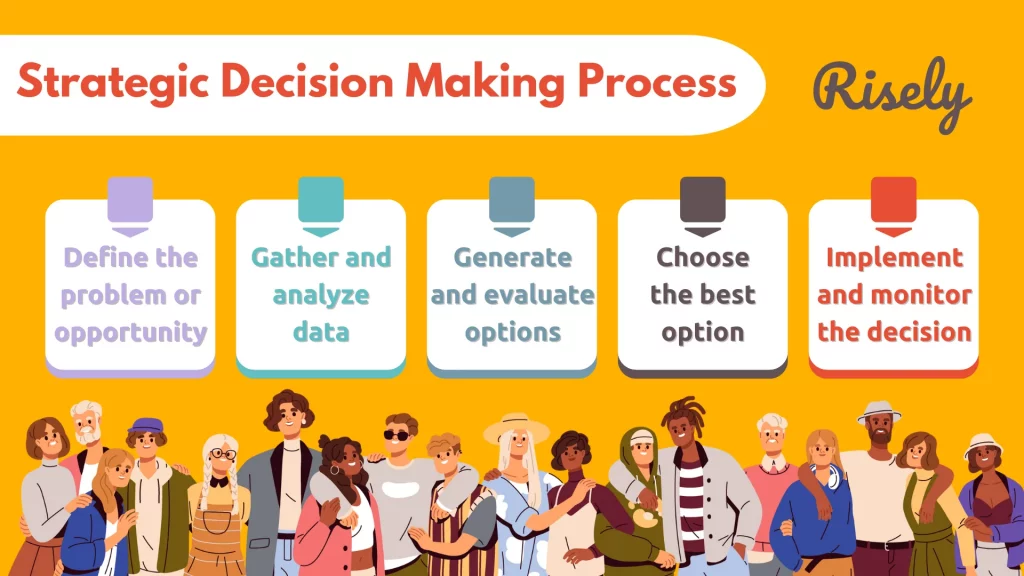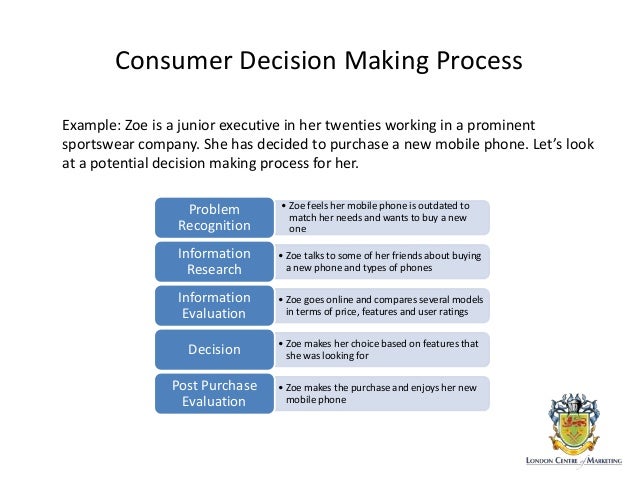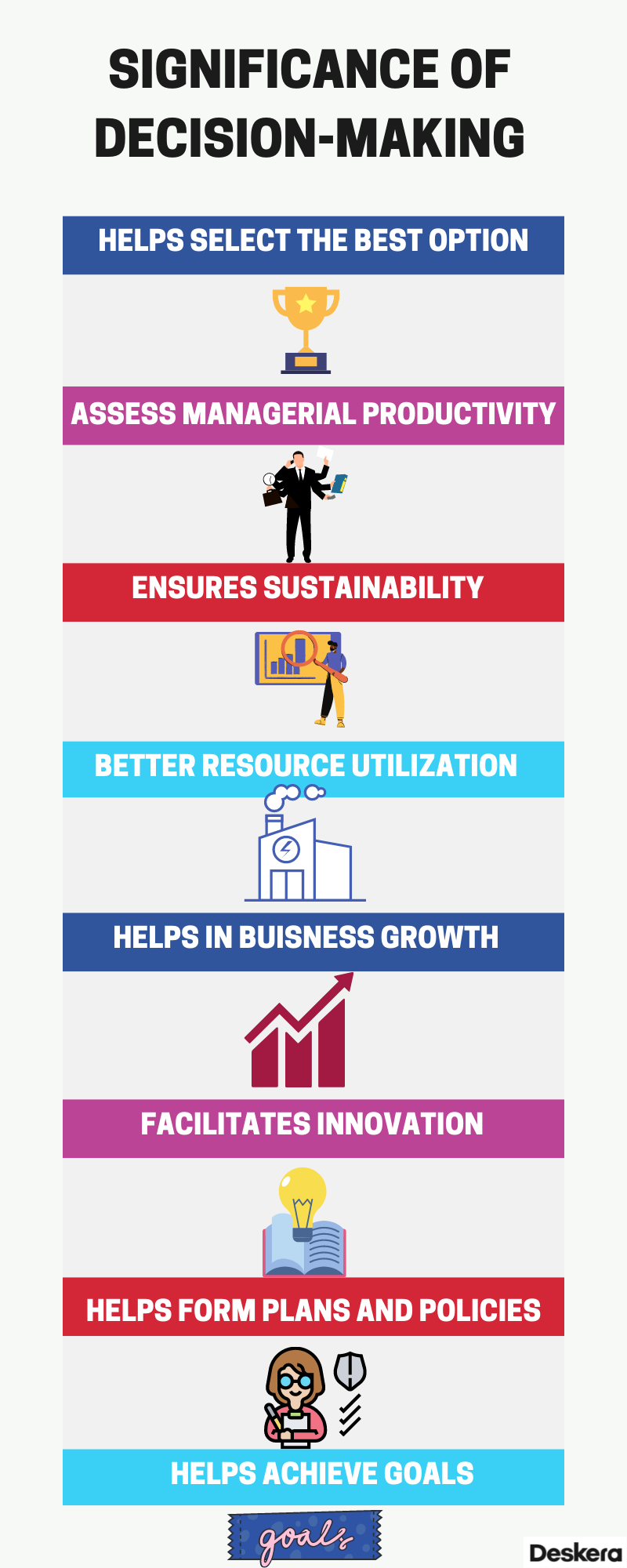Decision Making Examples In Business
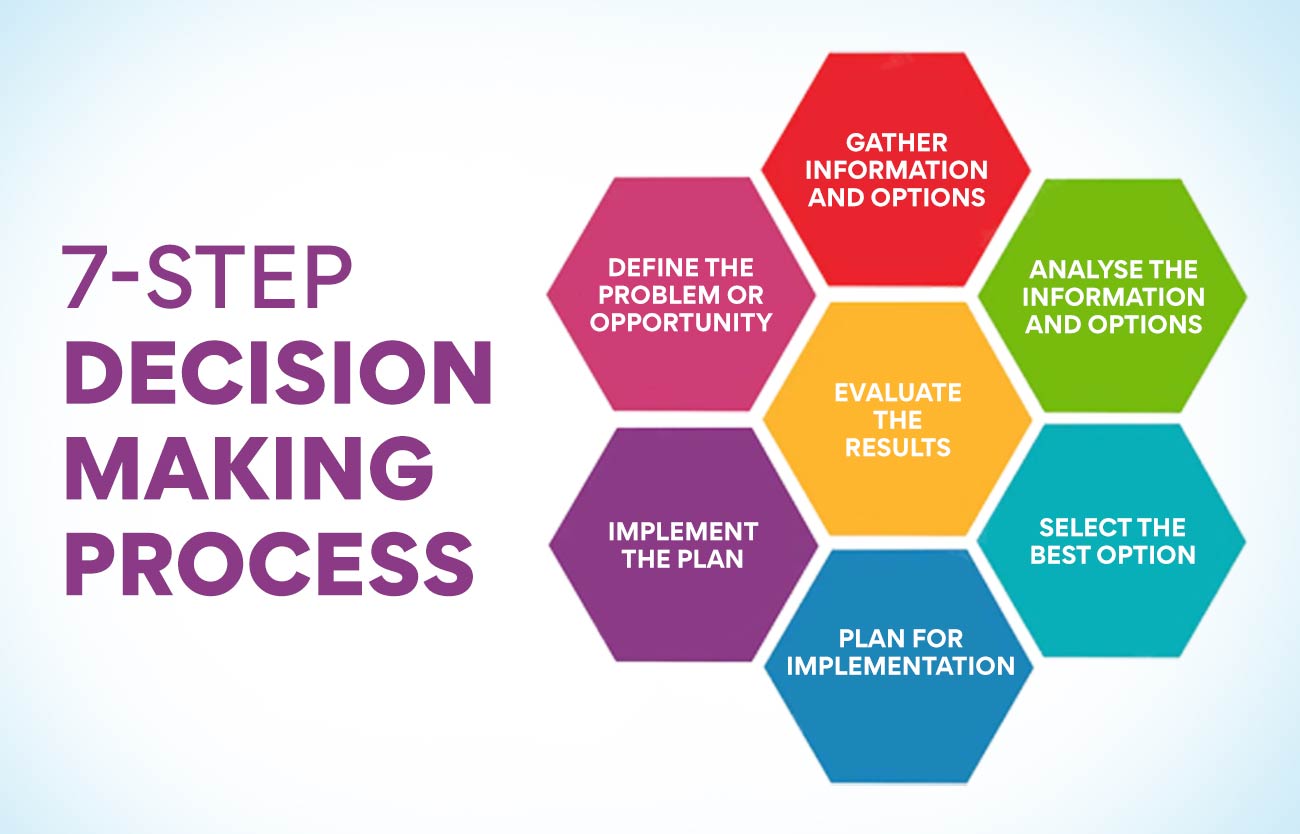
Imagine a bustling café, the aroma of freshly brewed coffee mingling with the gentle hum of conversation. Sunlight streams through the window, illuminating a group of entrepreneurs huddled around a table, their faces etched with a mix of excitement and apprehension. They're on the cusp of a major decision, one that could define the future of their fledgling business.
This scene, repeated in boardrooms and makeshift offices across the globe, underscores the fundamental importance of decision-making in the business world. Effective decision-making, grounded in strategy and vision, is the bedrock upon which successful businesses are built. This article will explore several real-world examples, shedding light on the complexities and nuances involved in navigating crucial business choices.
Strategic Pivots: Adapting to Market Shifts
Businesses constantly face evolving market conditions that require them to adapt and innovate. One compelling example is Netflix. Initially, the company disrupted the video rental industry with its mail-order DVD service.
However, sensing the shift towards streaming, Netflix made a bold decision to invest heavily in online content delivery. This strategic pivot, though risky at the time, proved to be a masterstroke, transforming Netflix into the entertainment giant we know today.
Another case is Nokia, once a dominant player in the mobile phone market. Their reluctance to fully embrace the smartphone revolution, particularly the Android operating system, led to their decline.
According to a 2013 article in the Harvard Business Review, Nokia's internal culture and decision-making processes hindered their ability to adapt to the rapidly changing technological landscape.
Ethical Dilemmas: Navigating Moral Gray Areas
Decision-making isn't always about maximizing profits or gaining market share. Businesses often encounter ethical dilemmas that require them to consider the broader social impact of their actions.
Patagonia, the outdoor clothing company, has consistently demonstrated a commitment to environmental sustainability. They made the controversial decision to urge customers to buy less of their products, emphasizing durability and repair over constant consumption.
This commitment, while potentially impacting short-term sales, has resonated with environmentally conscious consumers and strengthened Patagonia's brand reputation.
"We're in business to save our home planet," Patagonia states on their website, reflecting their commitment to values-driven decision-making.
Operational Efficiency: Streamlining Processes
Decisions related to operational efficiency can have a significant impact on a company's bottom line. Toyota's implementation of the "Toyota Production System" (TPS) is a prime example.
This system, focused on eliminating waste and improving efficiency throughout the manufacturing process, has been instrumental in Toyota's success. TPS emphasizes continuous improvement and empowering employees to identify and solve problems at the source.
Another operational decision is Zara's fast-fashion model. Zara made the strategic decision to maintain a highly responsive supply chain, allowing them to quickly adapt to changing fashion trends and minimize inventory risk.
The Role of Data and Intuition
Effective decision-making often involves a blend of data analysis and intuition. While data provides valuable insights and evidence, it's crucial to remember that numbers don't always tell the whole story.
Experienced leaders often rely on their gut feeling and industry knowledge to make informed choices, especially in situations where data is incomplete or ambiguous. Steve Jobs, co-founder of Apple, was known for his intuitive decision-making, often prioritizing design and user experience over market research.
Of course, relying solely on intuition can be risky, highlighting the need for a balanced approach that considers both quantitative and qualitative factors.
Business is a never-ending series of choices. These examples demonstrate that successful companies embrace adaptability, ethical considerations, and a strategic blend of data and intuition in their decision-making processes. By studying these cases, aspiring and current business leaders can gain valuable insights and develop their own decision-making skills, preparing them to navigate the complex challenges of the modern business world.
:max_bytes(150000):strip_icc()/decision-making-skills-with-examples-2063748-FINAL-5bad43d946e0fb002688e130.png)

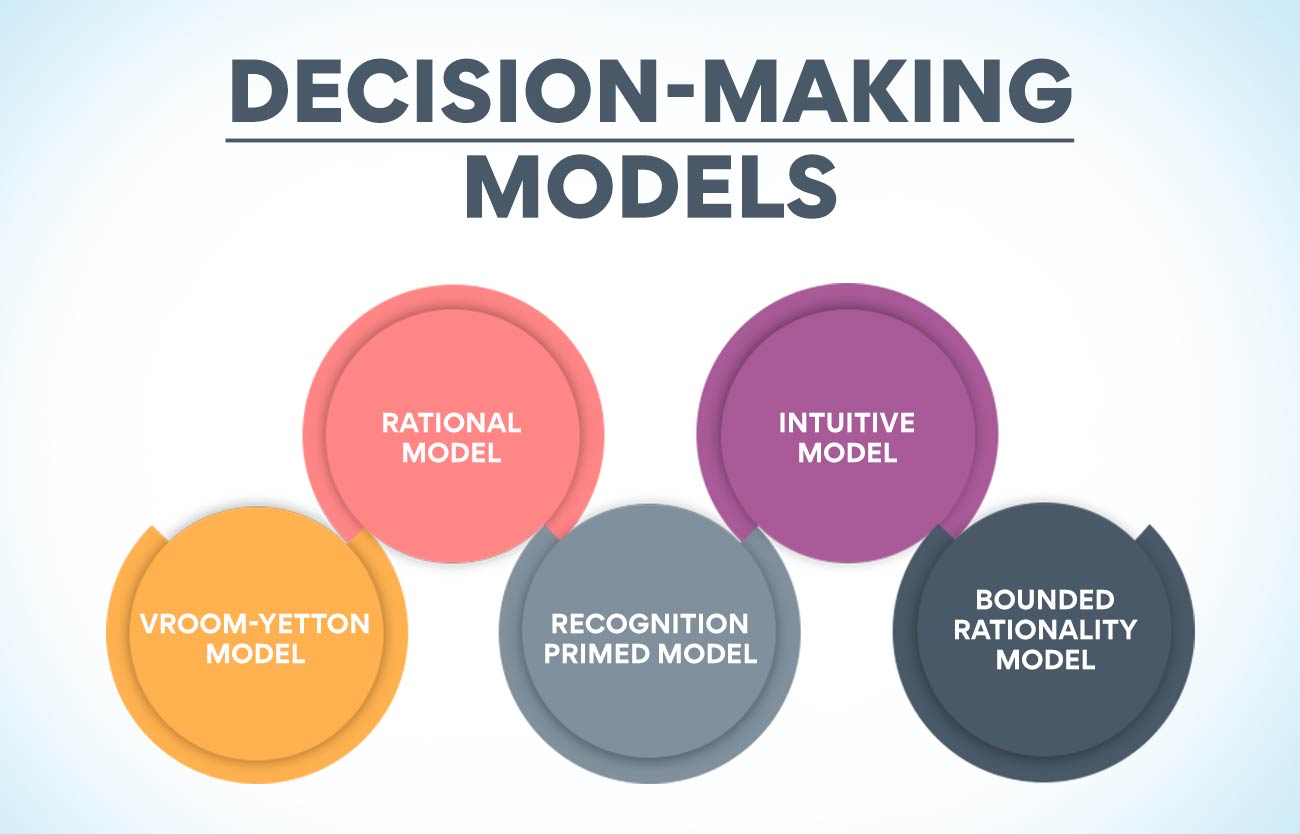


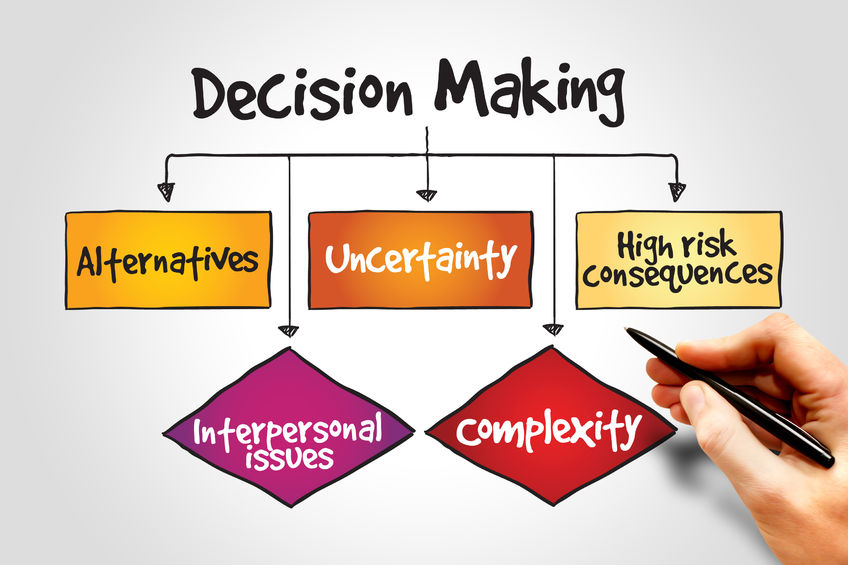

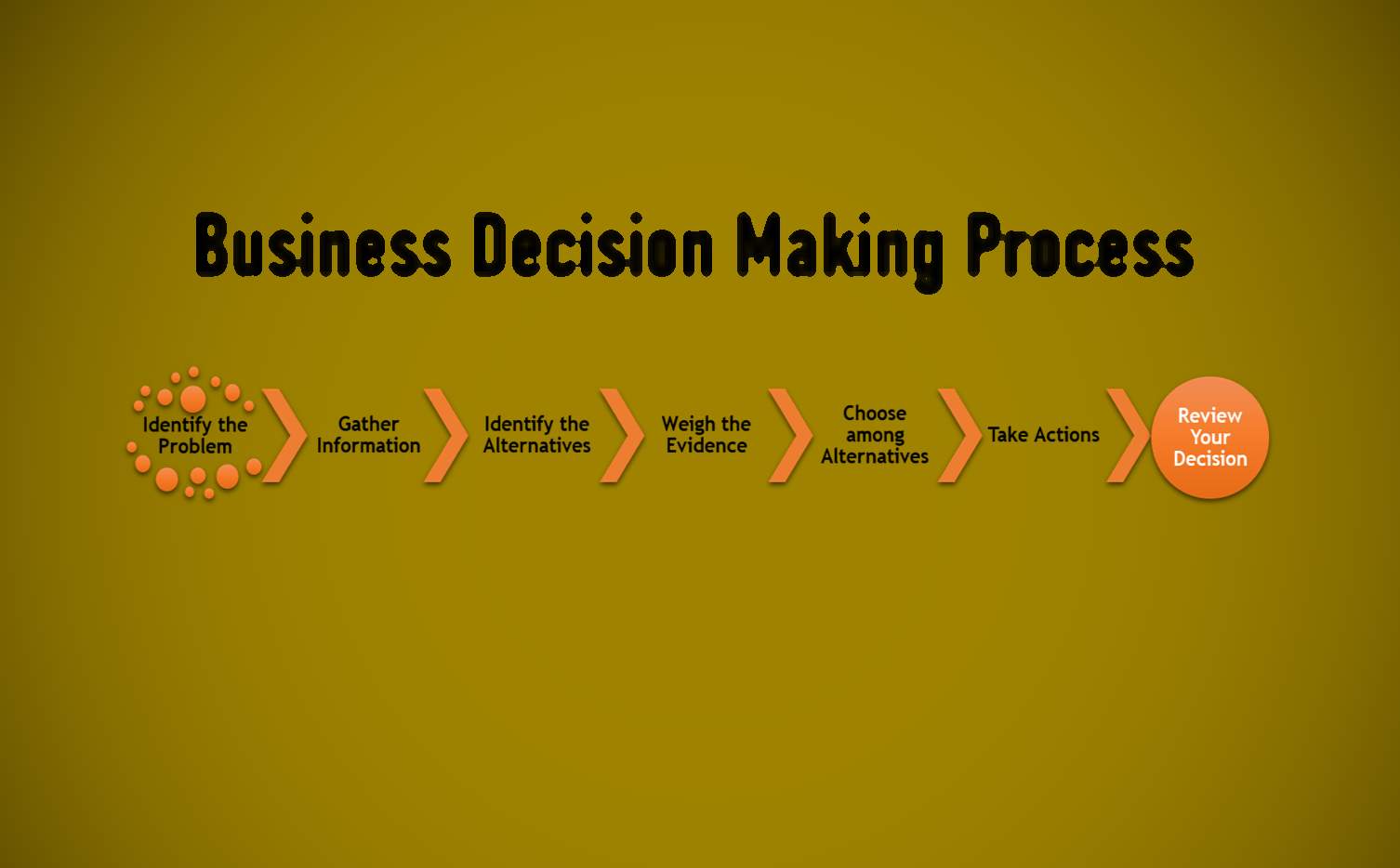
![Decision Making Examples In Business Business Decision-Making Matrix [Free download]](https://static.appfluence.com/images/business-decision-making-matrix.png)
